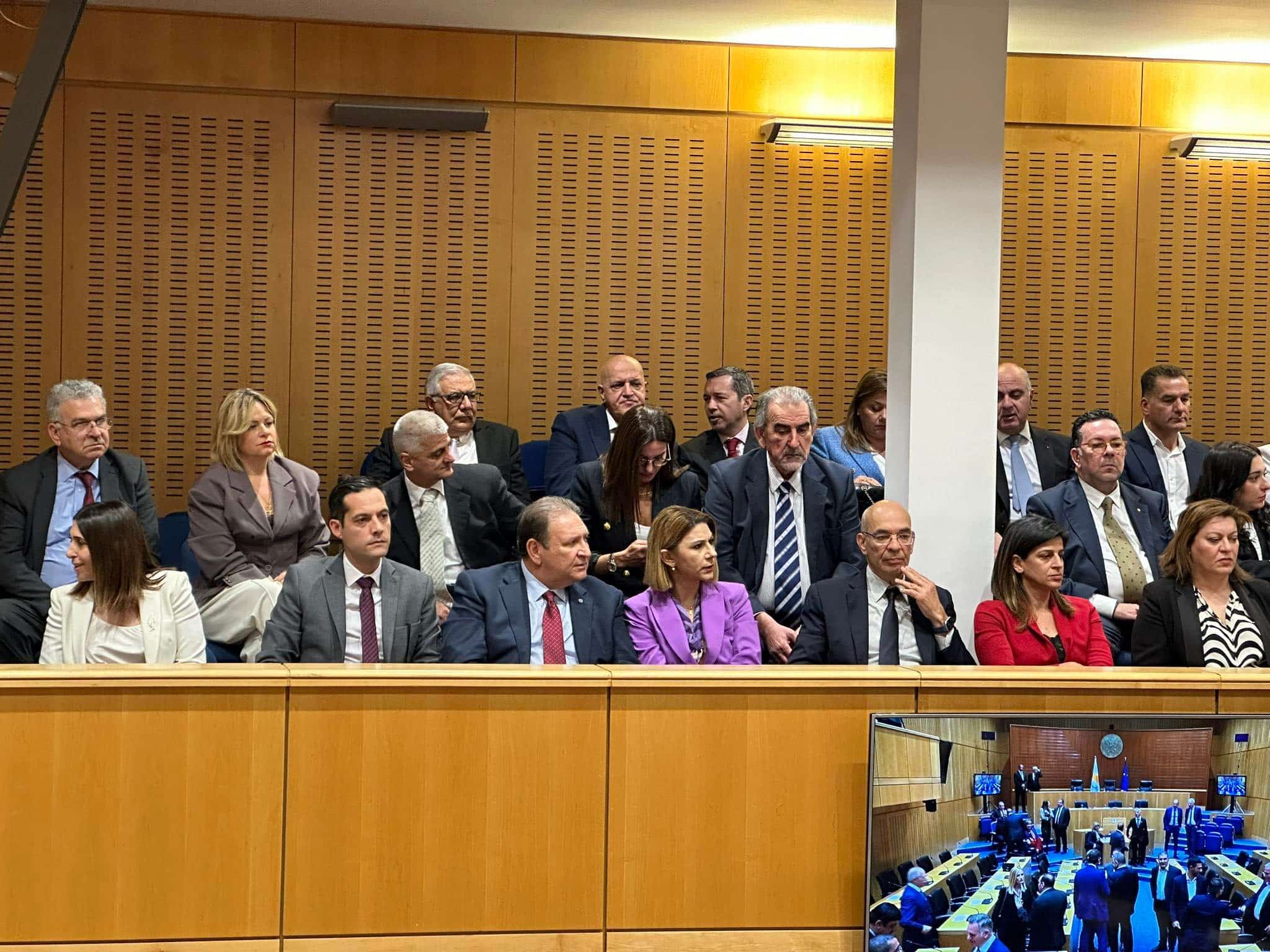The first political act of a newly-elected president is the selection of the people who will make up the council of ministers, the executive’s decision-making body. The choices made give an indication of the qualities a president seeks in his most important associates, the type of government he wants as well as the level of influence wielded by the government’s backers, the role of which can be significant in the days ahead.
After two weeks of speculation and media rumours, the cabinet was eventually finalised on Monday evening and failed to live up to the expectations created by President Nikos Christodoulides. Most of the criteria he had set for his cabinet choices, both before and after his election, did not come very much into play. For example, he had said 50 per cent of his cabinet would be women, but in the end only three of the of the 11 ministers are women. Two out of the five deputy ministers are women, who were also given posts in the presidency and as commissioners.
Asked about the under-representation of women on Tuesday, the president noted that 11 of the 25 appointments announced were women. The reality is that nobody would have made anything of the under-representation of women in the cabinet had Christodoulides not left himself open to criticism by taking such an emphatic position. There was no reason to place this restriction on himself, if he thought it would be difficult to achieve, because it would undermine his credibility from his first day in office.
This was not the only promise he failed to keep regarding the cabinet. He also said there would be no ministers who had served in another government – there are two. There would be no front-line party people – there are at least two. He also said he would primarily choose young technocrats, but they are in the minority. Had he not made these declarations, for which there was no need, nobody would have been able to now say he had gone back on his word.
Failure to make choices based on the criteria he had publicly set himself could be interpreted as an indication of the influence wielded by the parties that backed him. They would have made demands of him and vetoed choices he made, which would explain the time he needed to finalise the line-up of the cabinet. It is not a good sign and it will be up to the president to curtail the influence of his backers in his decision-making.
Hopefully he will have learned that attempting keeping his party backers happy will always backfire and he will be burdened with the political cost.







Click here to change your cookie preferences